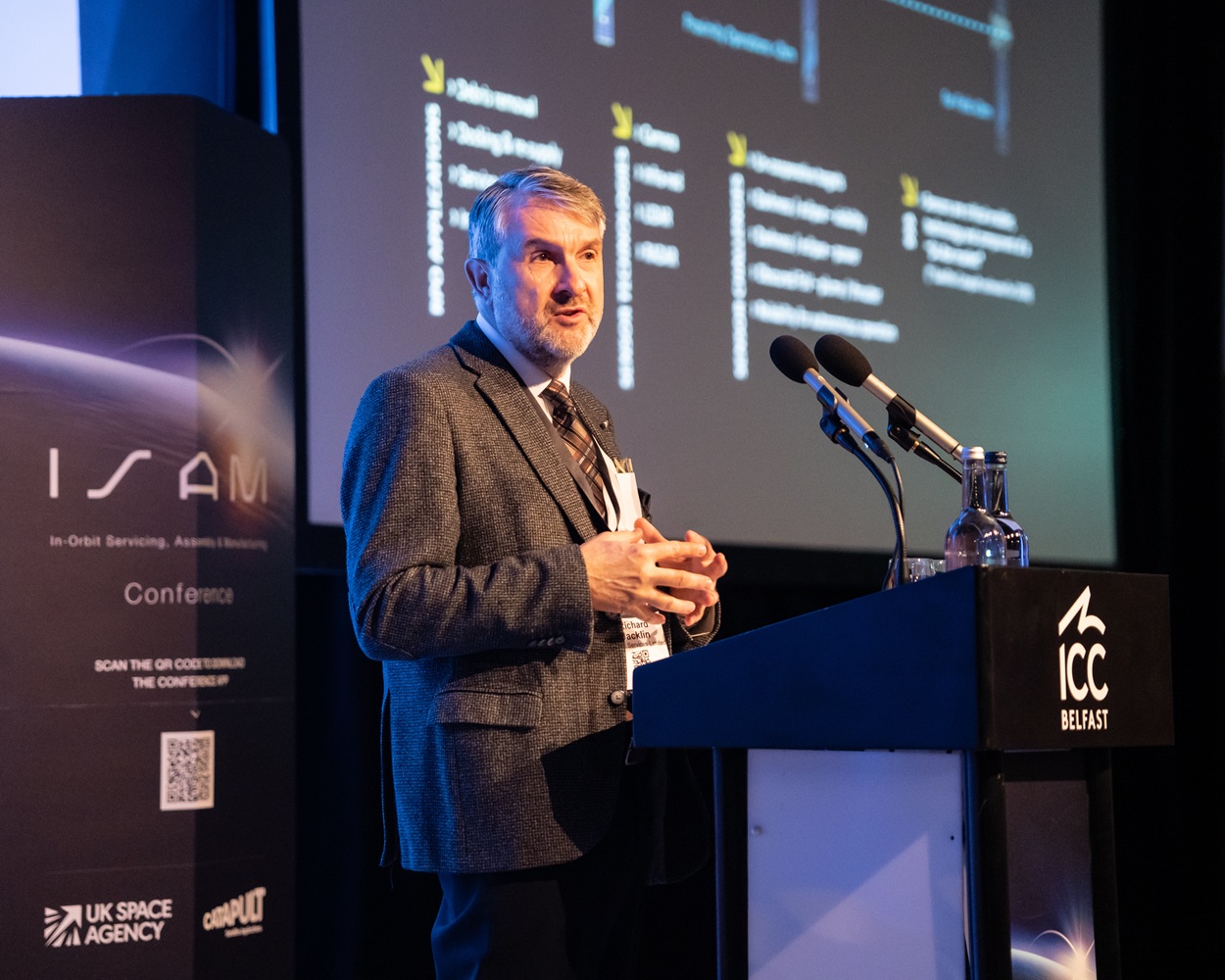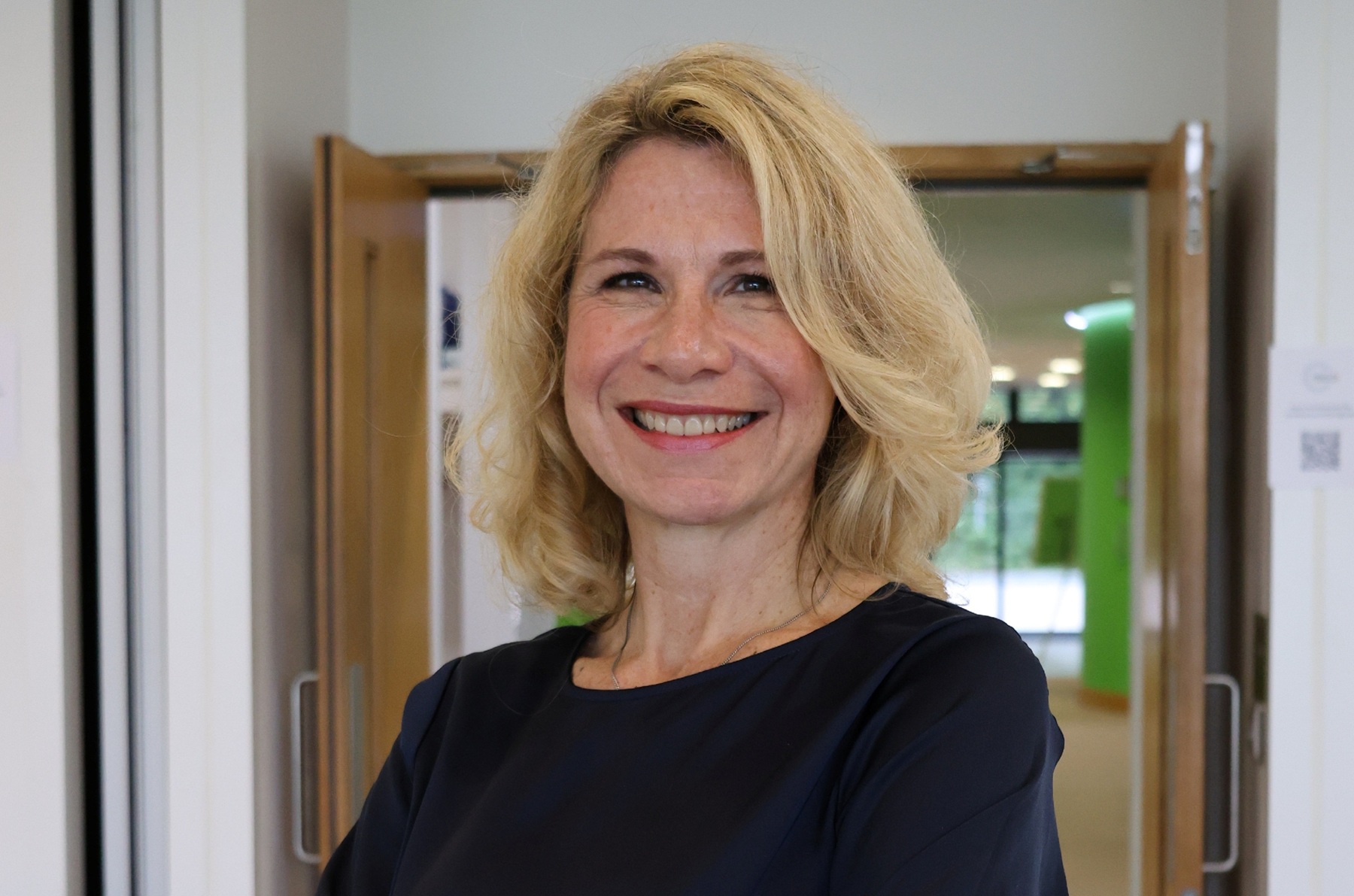Defence companies adapting to a new landscape
The next decade for western defence companies will be characterised as one of consolidation, collaboration and diversification.
While many are cutting costs and restructuring to pursue the niche sectors that are still attracting defence funding, as well as new growth regional markets like the Middle East, India and Brazil, some are now targeting adjacent industry sectors.
These issues were highlighted by Ian Shields, a member of the advisory panel to the UK Chief of Defence Staff, speaking at the Knovel virtual conference in October 2013.
The ability of these companies to enhance their research and development productivity, drive innovation and cross-fertilise technologies across different sectors, will be key to surviving the downturn in their traditional markets.
However, the growth areas in defence, such as cyber security and unmanned aerial systems (UAS), demand a different balance and blend of skill sets.
BAE Systems, for example, recently announced plans to recruit more graduates to its cyber and security unit than any other part of its UK business in 2014. Both cyber and UAS are in demand for commercial applications – cyber for banking security systems and UAS for a range of survey roles.
The future potential of the global civil market for UAS is estimated at £264 billion, according to the aerospace, aviation & defence knowledge transfer network. The skills required in UAS technologies span the engineering spectrum – mechanical, structural, aerodynamics, software, communications, electronics, system engineering, test evaluation, training and support.
Numerous European and US defence companies are actively diversifying their portfolio into adjacent industry sectors. For example, some notable prime contractors are offering their systems integration skills to provide IT and infrastructure solutions to create ‘smart cities’, while other firms are applying their hostile environment engineering to challenges in the oil and gas, marine and renewable energy sectors.
This dynamic scenario highlights the agility required from these companies’ engineering teams to adapt their skills and transfer their technologies to solve problems for an entirely different customer base.
At the same time, defence companies are wrestling with a skills gap of experienced engineers and competing for talent with the oil and gas, construction and automotive industries, including Formula One.
In parallel, there is a trend towards larger project teams, which are increasingly made up by the digital generation of engineers. Information overload is at its maximum, which means efficiency and risk mitigation present further challenges for project leaders. Therefore, defence companies need to provide new tools, for example online references, to help their engineers work more effectively and self-sufficiently and ramp up on new subjects and sectors.
The real drive for defence companies is satisfying their traditional and new customers, who desire innovative, sustainable and safe products, which differentiate them from the competition.
Delivery typically derives from cross-fertilising technologies from different sectors, achieving incremental advances. The use of new materials is a strong example. The aerospace industry’s drive for lighter and stronger composite materials to conserve fuel burn is delivering similar environmental and creative benefits to designers in other fields, notably automotive.
These materials have allowed designers to create new aesthetics to differentiate a product, which can be seen in some of the new generation of commercial aircraft, designed to inspire an emotional connection with the passenger, as well as optimise aerodynamics to produce a sustainable and safe product.
Talented engineers and scientists working in defence have pioneered the development of the most advanced technologies and products to ensure their country’s security and equip their armed forces. Equip them with the tools and strategies to adapt and innovate and they will rise to the challenges of the future.

• Aerospace engineer Tim Moxey has held positions with Marconi Space Systems and BAE Systems. He is currently customer consultant for Knovel, an online technical information resource for engineers.














